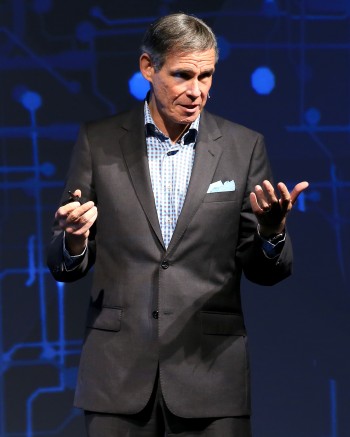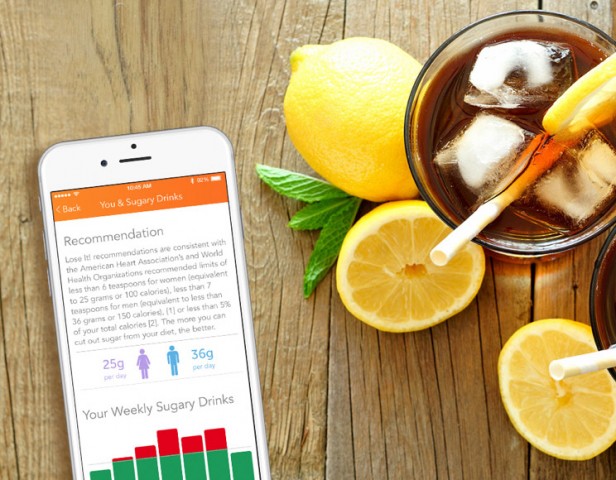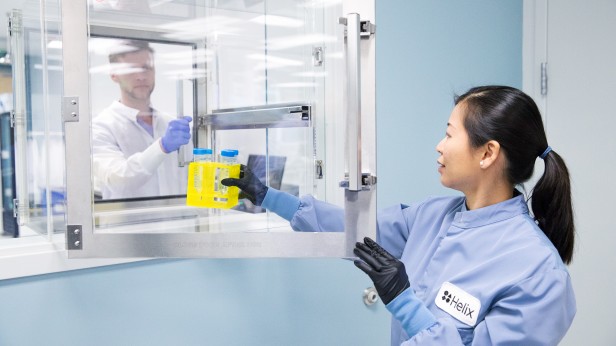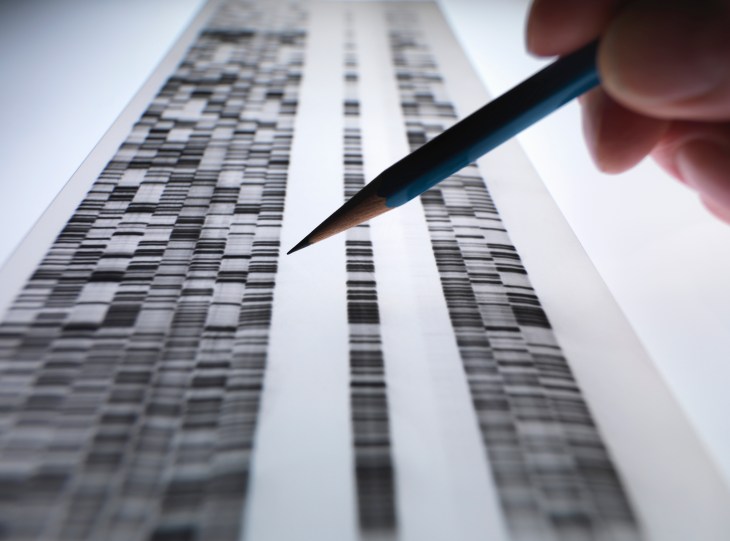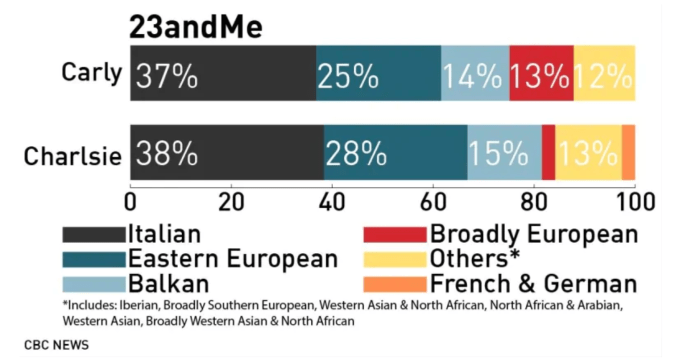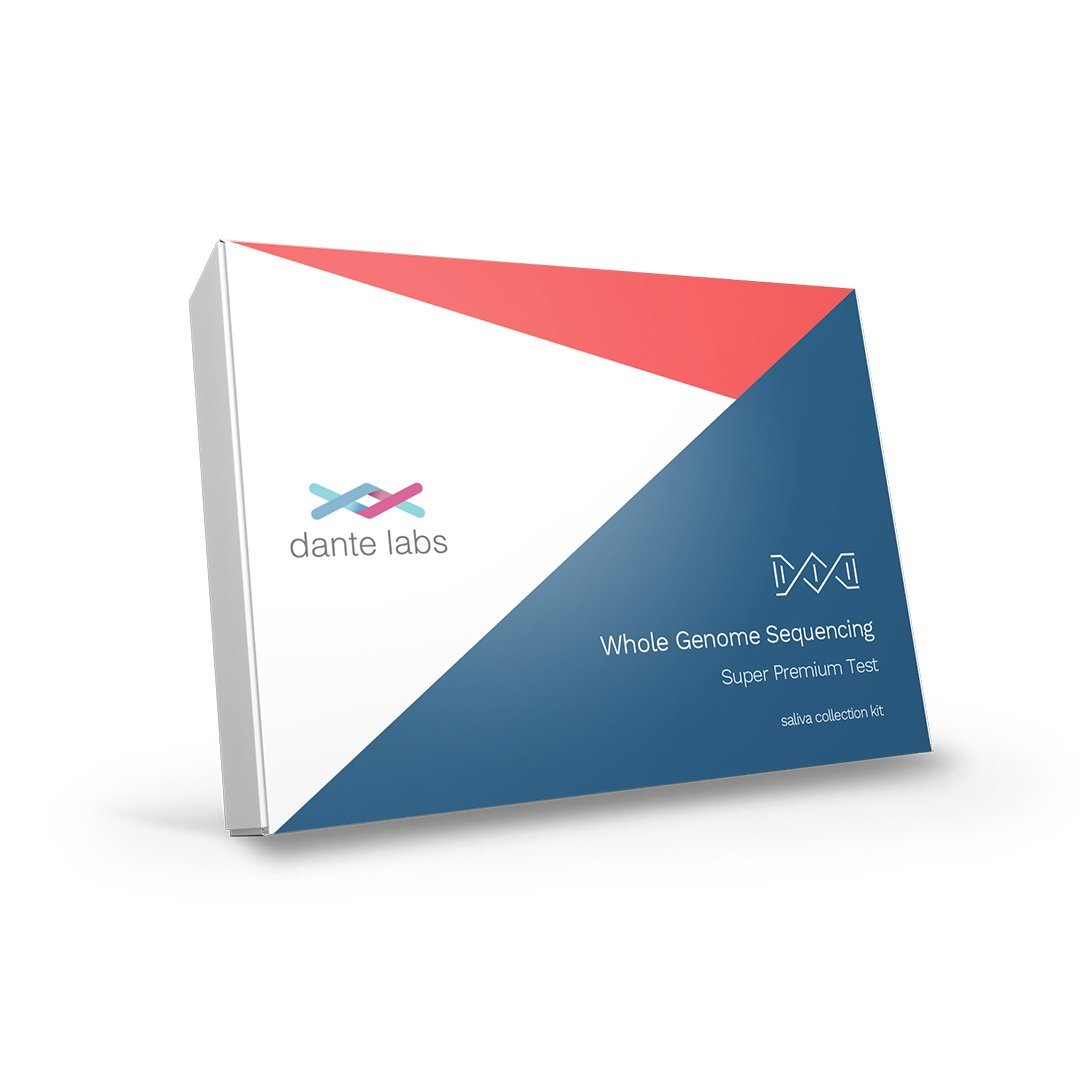by
Antonio Regalado
Oct 18, 2017
It can’t be good when America’s most famous cardiologist, one with 114,000 Twitter followers, posts to social media that your product’s value is exactly “0.” Nor it is a great thing when comedian Stephen Colbert makes your industry a laughingstock on late-night TV, calling it “total bullshit.”
Eric Topol✔@EricTopol
·
Oct 3, 2017
Consumer
#genomics: a mixed bag of very useful and bogus data
https://mobile.nytimes.com/2017/10/03/well/live/personal-genetic-testing-is-here-do-we-need-it.html?referer=https://www.google.com/ … by
@anahadoconnor @nytimeshealth

Eric Topol✔@EricTopol
I added up the
@my_helix app $ for things w/o science or any convincing data
Total cost= $1900; Value =0
Gives consumer
#genomics a bad name
101
12:05 AM - Oct 9, 2017
Twitter Ads info and privacy
75 people are talking about this
That’s what happened this month to Helix, the high-profile spinout of gene-sequencing giant Illumina, which created the first online
DNA test store where anyone can shop for genomic insights by submitting a saliva sample.
Eric Topol.
NEILSON BARNARD/GETTY IMAGES FOR KLICK HEALTH
The problem isn’t the tests that tell you about your ancestry or whether you’re a carrier of beta thalassemia. Those are based in solid science. What’s drawing critics is how scrolling through Helix.com has quickly become a little like visiting the
Sharper Image of DNA. But instead of air purifiers, bacon toasters, and other electronic gadgets that no one really needs, people with money to burn can spend $149 on a scarf whose pattern is personalized using their genes, DNA diet apps, or even genetically influenced wine recommendations.
Eric Topol, an influential heart doctor and geneticist at the Scripps Research Institute in La Jolla, California, says he’s had enough. To Topol, too many of these apps amount to genetic astrology. “The data has no basis. It’s pseudoscience—complete, utter nothing,” he says. He calculated that a consumer could spend $1,900 on 17 apps and learn almost nothing of value.
Earlier this year, the U.S. Food and Drug Administration
signaled that it would unwind what had been a de facto ban on a range of direct-to-consumer gene reports. What’s followed has been a quick expansion of gene tests that range from reasonable to downright silly.
Aside from Helix, many others are selling DNA tests, too. One, being advertised on TV, is “Soccer Genomics,” which promises a “personalized report that will help guide player development.” And for $99, a company called Orig3n will sell you a test that claims to predict your kid’s ability to learn languages. Last month, that company had to
cancel a planned giveaway of DNA tests at a Baltimore Ravens game, after objections from state regulators.
What worries Topol is that the field of genetics could be overrun by misapprehensions, bias, and even privacy violations. “It’s a jungle,” he says. “It’s the mix of things that are proven and unproven that is really irresponsible, in my view. How is the consumer to know?”
Lively discussion
In 2016
MIT Technology Review celebrated the
DNA app store created by Helix as one of our 10 breakthrough technologies of the year. The company’s big innovation was a new business model. Helix would take care of sequencing genes in a centralized lab for a flat one-time fee of $80, freeing up product developers to focus on inventing apps for consumers to buy.
It works a lot like the Apple App Store. Helix keeps 40 percent of the price of the apps (often around $100), while 60 percent goes to the developers. There are currently 26 apps available, and the company expects that to rise to about 75 a year from now. The company declined to say how much revenue it is taking in.
In response to critics, Helix cofounder Justin Kao cautions against a “paternalistic” attitude toward what kind of information consumers should be able to spend their money on. “People should be able to choose how they want to interact and experience DNA-powered insights and decide for themselves what is of value to them,” he says.
detailed process for screening the science behind tests it markets and has rejected more than a dozen, according to Kao. Others have been modified to restrict what they claim DNA can do. Helix also gets advice from a panel of six scientific advisers who meet by phone or in person, including to talk about upcoming apps.
One is Gonçalo Abecasis, a population geneticist at the University of Michigan. “We say ‘That makes sense,’ or ‘That is crazy.’ It’s a lively discussion every time,” says Abecasis. He thinks Helix is an important experiment because it is exploring what mass-market uses of the genome will look like. And some apps that bother Topol don’t bother him at all: “If I sell you a scarf patterned with your DNA, you could say, ‘Hey, is that worth it?’ But you wouldn’t say, ‘Where is the scientific evidence?’”
To Ewan Birney, director of the European Bioinformatics Institute, the direct-to-consumer DNA phenomenon is a typically American approach, led by private companies and focused on individuals. By contrast, in Europe there’s more emphasis on national projects whose findings can be integrated into national health services, he says.
Diet apps
One of the newest apps on Helix is from Arivale, a spinout of the
Institute for Systems Biology in Seattle, which calls itself a “scientific wellness company.” The concept is to surround customers with a “data cloud”—comprehensive information about their blood, gut microbes, and DNA—that could be used to suggest dietary changes.
HELIX
The full program costs more than $1,000 per year. But for $89, via Helix, the company is offering customers an initial look at their genes and one consultation with a dietitian. The weight loss app, called Beat Your Genes, lets people view screens indicating whether, genetically, they are more or less predisposed to having a high body-mass index.
These DNA clues can inform personalized diet advice, says Arivale CEO Clayton Lewis. Do you taste bitter foods more intensely? Maybe the dietitian can suggest that you sauté your onions. Do you have a propensity for higher weight on a paleo diet? Try a switch to carbs.
I drilled into where Arivale’s predictions about body mass come from. They’re based on
a 2015 paper that summarizes what’s known about the genetic links to obesity from population studies involving about 340,000 people. Scientists have uncovered hundreds of statistical links between specific DNA variants and weight. Add these small effects together, and scientists can create a “genetic risk score” for a specific person.
These scores can reveal something about the chance of obesity you were born with. What’s still missing, however, is the final link—the one between a specific risk score and a proven intervention. Arivale says it has shown in a
clinical study that the combination of its data and diet interventions led to improvements. But what about the exact same interventions without all the fancy molecular information? They can’t say, because they didn’t do that study.
In other words, it could be that hand-holding by a dietitian and the familiar advice to eat well and exercise is what really helps. “There is some science, but whether it translates to personalized recommendations is a beyond the data,” says Elizabeth Speliotes, a doctor and obesity specialist at the University of Michigan, who led the big 2015 study. “It’s draped in sophisticated math, but on an individual level it’s not proven it will help you.”
Watchdogs
Geneticists say their ability to calculate risk scores will keep improving. That’s going to make DNA apps more powerful, and potentially more controversial, as time goes on. One app on Helix, called Baby Glimpse, invites a man and a woman to submit DNA and get a prediction about what their hypothetical children could look like, including eye color.
And how long will it be before it’s possible to calculate, from DNA, a person’s chance of a high or low IQ, or various behavioral traits? Kao says Helix is proceeding carefully, especially with IQ predictions. But he says products that address personality could reach the store sometime soon.
As direct-to-consumer genetic tests plow ahead, regulation of diet, fitness, entertainment, and personality apps will fall to the U.S. Federal Trade Commission, in Washington, D.C., which fields more than
three million complaints a year about telemarketers, debt collection agencies, and deceptive marketing practices.
“We are keeping our eye on what is going on,” says Carolyn Hann, an attorney specializing in health marketing in the agency’s advertising practices division. “We recognize that in the [direct-to-consumer] market the science is evolving, and we don’t want to impede innovation, either.”
HELIX
The agency brings about 50 cases a year around false health claims. Targets have included marketers of “mole apps,” which claim to identify cancerous moles using a smartphone. In 2014, the FTC also
brought a case against one direct-to-consumer gene-testing company, GeneWize, which said its DNA test could identify a person’s “disadvantages” and cure them with “dietary supplements and a skin serum purportedly customized to each person’s genetic profile.”
Whether the FTC intervenes depends on what claims are made for a product. Specific health claims have to be backed up by “competent and reliable scientific evidence.” But advertisers can try to sidestep the rules by making only vague, suggestive claims, as some of the Helix diet apps do.
Abecasis, the Helix advisor, says his personal opinion is that genetics-based diet advice is not good for much. But he also thinks the apps are not much different from the advice a trainer might give you at the gym. “The scientific evidence is not there that these things work. No one argues these things have met any rigorous standards,” he says. “But it’s not unreasonable to have it on the market. It's no worse than any fad diet.”



